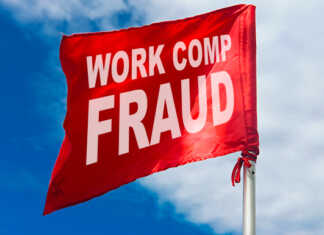Did you know the first recorded scam dates back to 300 B.C.? That’s right. Over 2,000 years ago! It’s believed that Hegestratos, a Greek sea merchant, purchased an insurance policy on his ship and its cargo called a bottomry. The bottomry allowed him to borrow money and pay it back with interest once the cargo was delivered. Instead, Hegestratos attempted to sink his empty ship to pocket the loan money. Ultimately, he was caught in the act and drowned as he tried to escape.
Today’s fraudsters have come a long way since Hegestratos and many others have paved the way for the current tactics we see. Here are some common modern scams to watch for:
Impersonation scams
Scammers pretend to be a legitimate company and request personal information or payment to correct an “issue” with your account. They might even use a fake caller ID that could show up on your phone as the company’s real number.
Romance scams
People engaging in online relationships may be asked for financial support from their newfound love interest, and once the money is sent, they’re never heard from again.
Online marketplace scams
These scammers often won’t meet in person, ask for a deposit or prepayment, or try to contact the seller outside of the marketplace to complete the transaction.
Cash app scams
Fraudsters posing as buyers target online sellers and “accidentally” overpay the seller on the payment app set up with a stolen credit card. When they request a refund, the money is paid to their own account. When the cardholder reports fraud, the money goes back to them out of your account.
Work-from-home scams
These scams involve fake job postings for work-from-home jobs that might seem too good to be true. The scammers pose as recruiters and ask for personal identification, your Social Security Number, and a credit card to pay for supplies up front. Once provided, they have all they need to commit identity theft.
If you or a loved one has fallen victim to a scam, report the scam to the Federal Trade Commission (FTC) or FBI. The FBI also has resources to help you identify if you are being scammed.

















